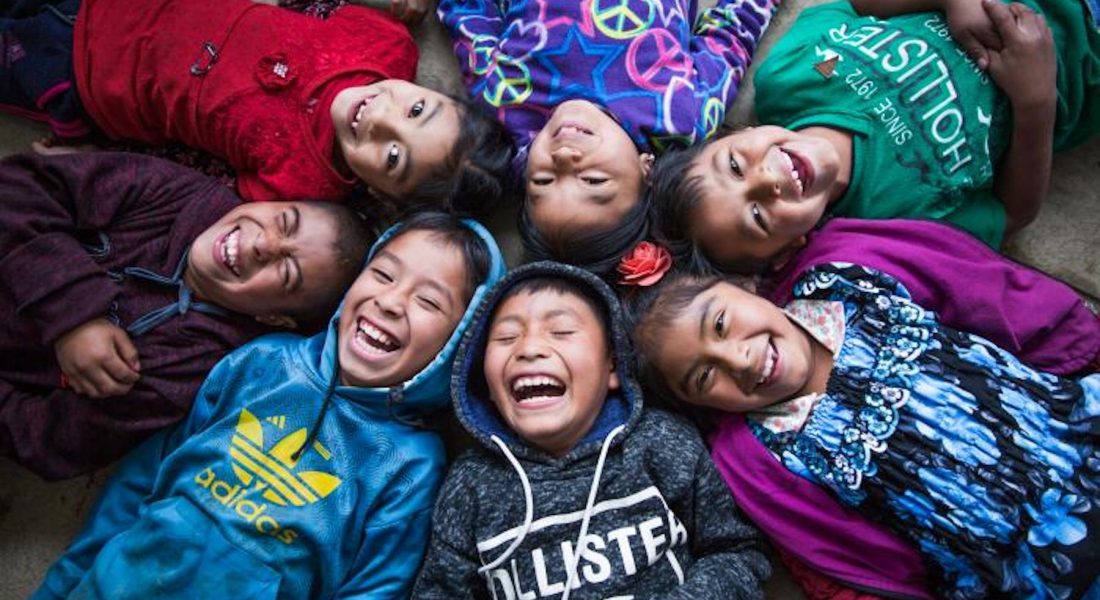The HEALthy 4 You research study is created in partnership with UCSD researchers, Family Health Centers San Diego, and community based organizations (CBOs) Comité Organizador Latino de City Heights, Vista Community Clinic, and Olivewood Gardens and Learning Center. Together they are developing approaches to mitigate childhood trauma within the Latino community and reduce childhood obesity.
The study is systematically examining community, organizational, family and individual predictors of childhood obesity, including adverse childhood experience-related behaviors such as stress, anxiety, reactivity and overeating.
In order to develop a community-informed approach to examine childhood obesity and adverse childhood experiences, HEALthy 4 You partners are :
- Building infrastructure to enable family-based interventions that are tailored to each family’s needs, defined by the community.
- Using analytics to continually improve intervention delivery matching to families and communities with increased ACEs risk.
- Determining if implemented precision, community-based match intervention design improves family and community ACEs resilience and child obesity risk and management.
As a result of implementing these practices and methodologies, HEALthy 4 You partners are:
- Co-developing success criteria, assets, needs, & understanding of social drivers of health with FHC, CBOs, and resident leaders
- Building on Family Health Centers San Diego health care practices
- Creating a pipeline for advocacy related to systemic traumas
HEALthy 4 You research study is funded by the California Initiative to Advance Precision Medicine as part of Governor Gavin Newsom’s California Comeback Plan. The $3 million, three-year grant will create a precision, community-based program to address specific health problems related to adverse childhood experiences.
Project Intervention Phases
Exploration Phase
- Supporting local community residents and promotores in guiding the adaptation of how family-based interventions will be delivered based on each family’s risk factors.
- Working with clinics within Family Health Centers of San Diego, community residents and promotores are defining known resources, care gaps related to ACEs and obesity management, adapting evidence-based, family-focused interventions useful for ACEs resiliency, and developing culturally appropriate ways to detect ACEs in families.
Preparation Phase
- Co-creating community infrastructure to collect real-time data on community needs, priorities and resources. Ultimately, testing whether our approach is superior to current standard of care in a unique clinical trial design in community clinics.
- Co-designing a Community Data Integration System (CDIS) for family-based intervention tailoring and informatics to facilitate continual learning and refinement of adaptations to local needs.
Implementation phase
- Using a randomized controlled trial, approximately 200 families will be enrolled during their routine pediatric checkup, and will be referred to the promotores-led, community-tailored, trauma-informed intervention if they meet eligibility criteria.
- Outcomes will determine if our precision, community-based approach to ACEs and comorbid childhood obesity improves weight management in school-aged children and families, improves self-regulatory and social emotional skills that impact toxic stress/stress behaviors related to ACEs, and enhances resiliency.

